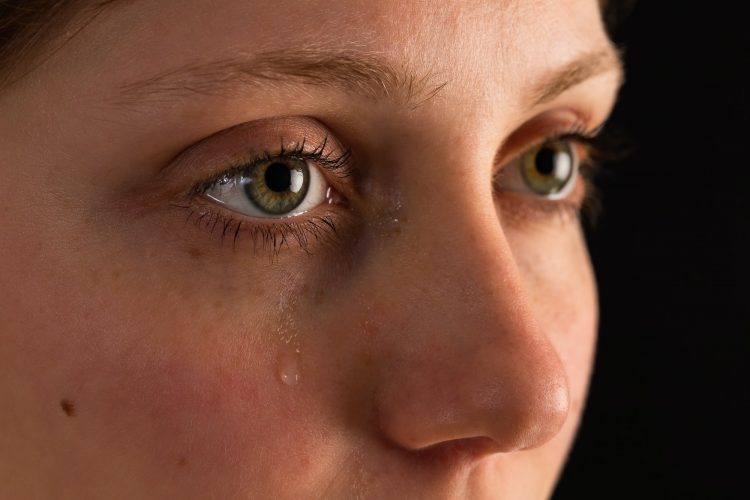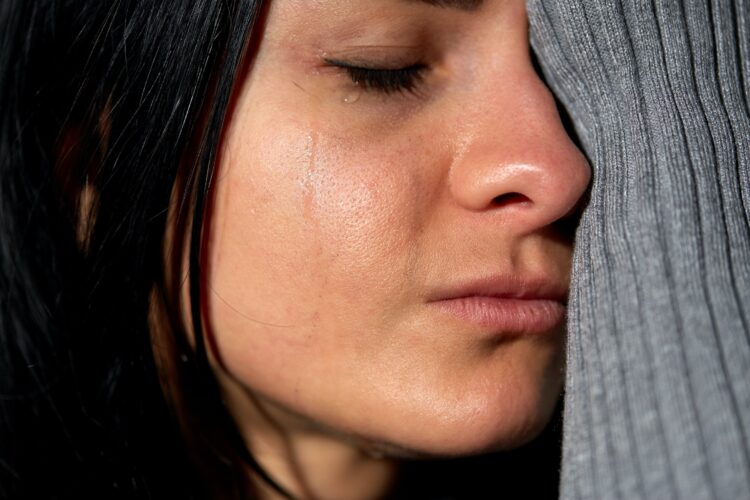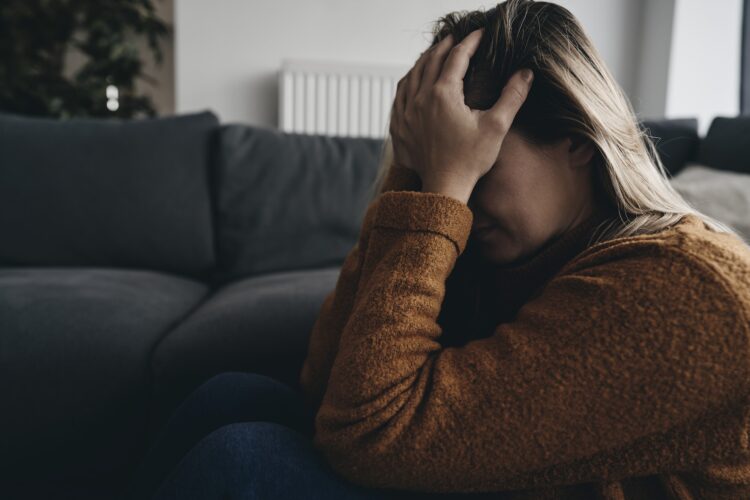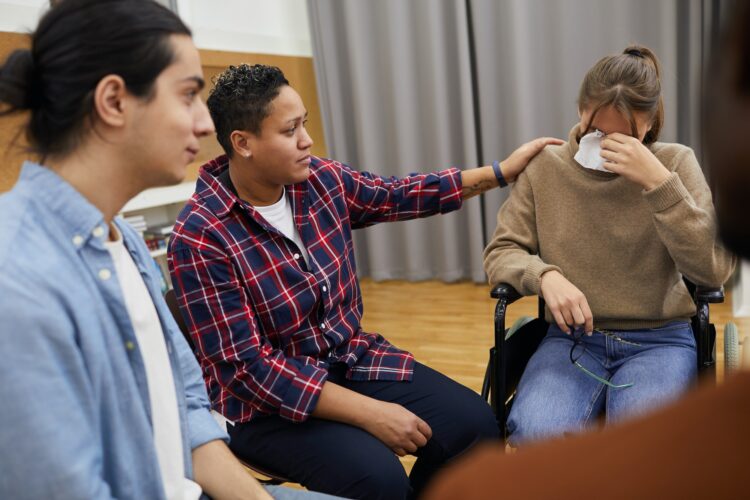Some people cry during commercials, while others only tear up for very sad or happy moments. Sometimes, we even cry randomly. But what’s the reason behind the waterworks? Why do some people cry more than others? Is there any way to control it?

Why You Cry
We cry three different types of tears. Each has its own job and flows from your tear ducts for a different reason.
Basal tears.
These tears coat your eyes all day. Blinking helps spread them evenly over the surface of your eyes. They can improve your vision, hydrate your eyes, and sharpen your focus. They protect your eyes and keep out debris. Your tears also transport oxygen and nutrients to the surface of your eyes.

Irritant tears.
These tears gush out of the glands under your eyebrow when you peel onions, throw up, or get debris in your eyes. They wash your eyes out and flush out irritants to protect you.

Emotional tears.
These arise from strong emotions. Empathy, compassion, physical pain, attachment pain, and moral and sentimental emotions can trigger these tears. They communicate your emotions to others.

Why You May Cry for No Reason
Crying can be normal in certain situations. But if you tear up frequently for no reason, it might be a sign of a serious condition.

If you notice that you’re crying every day during normal activities, you may have depression. Other symptoms of depression include:
- Feeling hopeless, helpless, and sad
- Loss of interest in day-to-day life
- Loss of appetite or overeating
- Poor sleep
- Excessive feelings of guilt or worthlessness
If you think you have depression, talk to your doctor right away to find the right treatment for you.

Other causes of uncontrollable tears include pathological laughing and crying, which is a condition that can come with Alzheimer’s disease, stroke, or other brain diseases. Talk to your doctor if you suspect you or a loved one have this condition.
When Others Cry

If someone begins to cry in front of you, your reaction may come from the discomfort you feel in this situation. Though you may not mean to, your response could cause the person who is crying to feel weak, embarrassed, or less understood.
Trying Not to Cry
It’s best not to hold in emotions all the time, but sometimes it’s important to hold back tears. If you need to control a cry, try to hold back your tears just until you’re in a better place for them.





